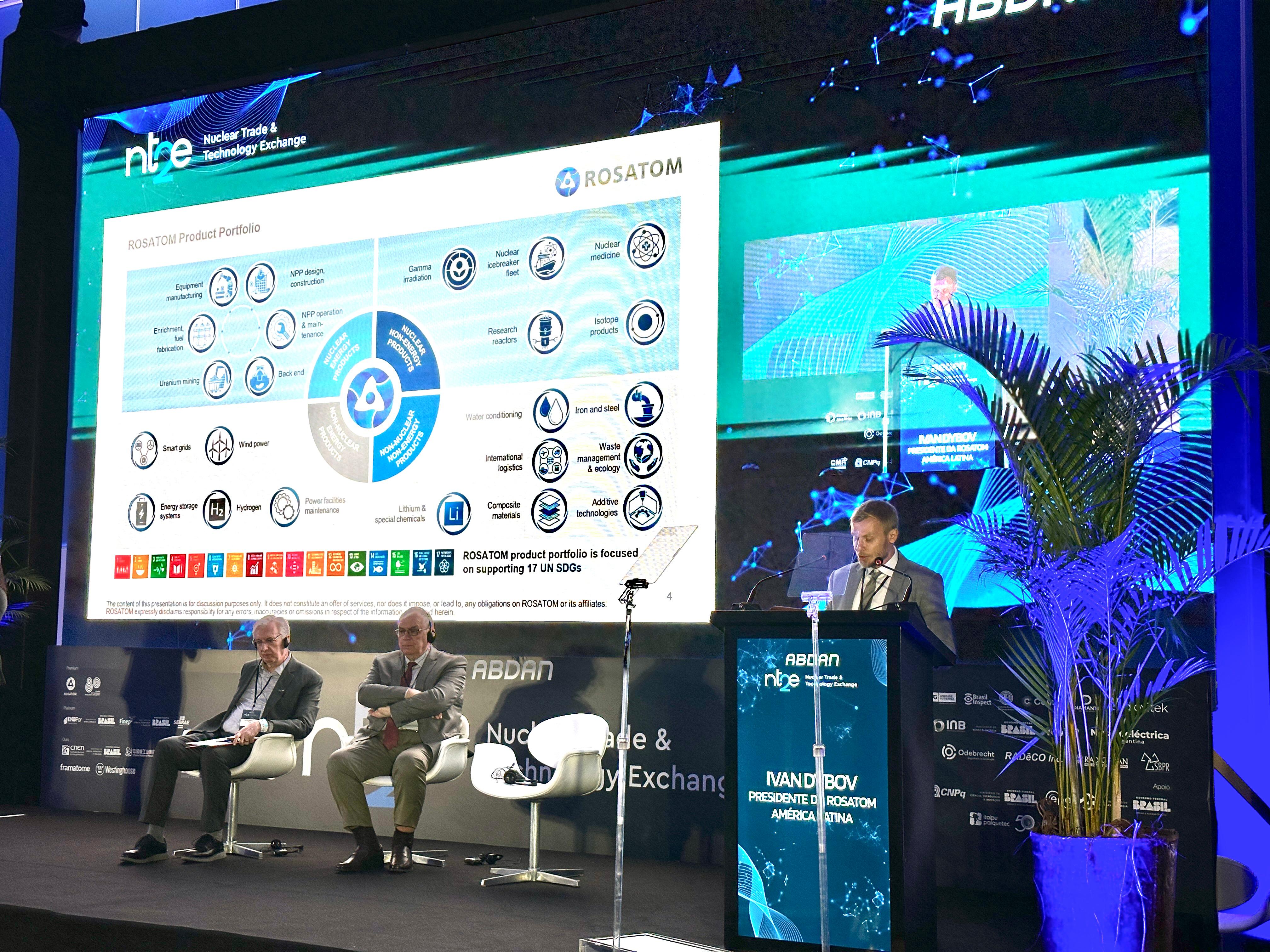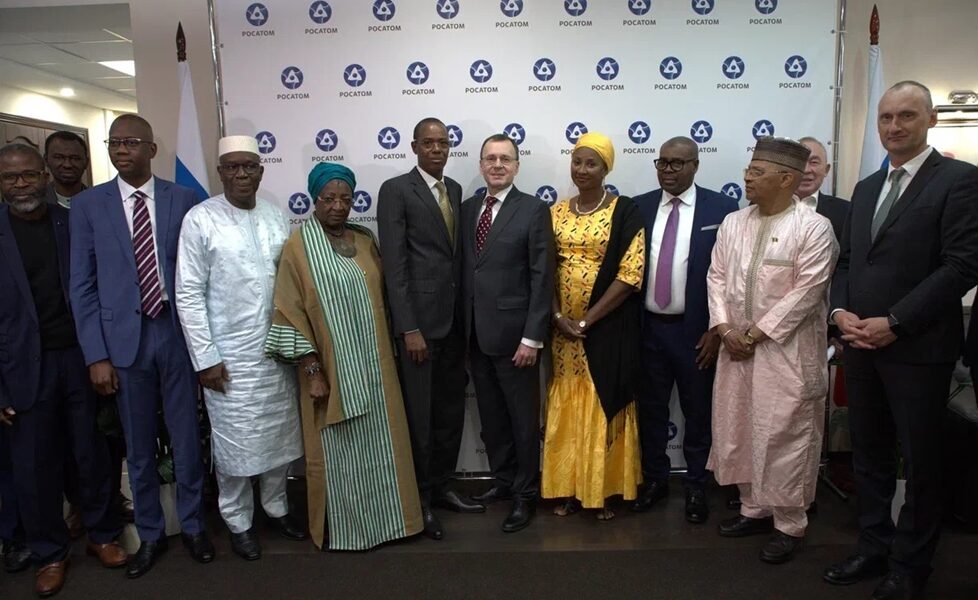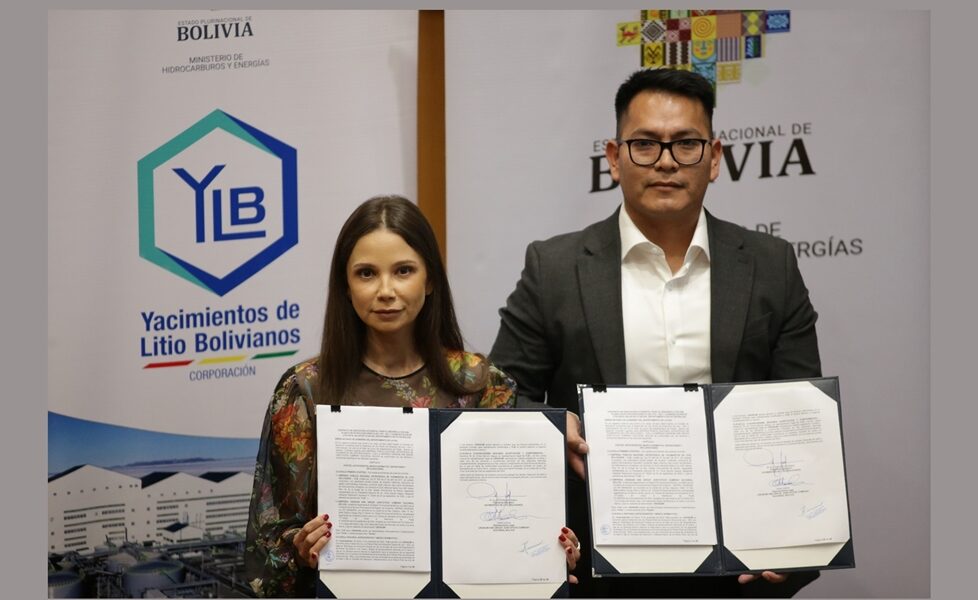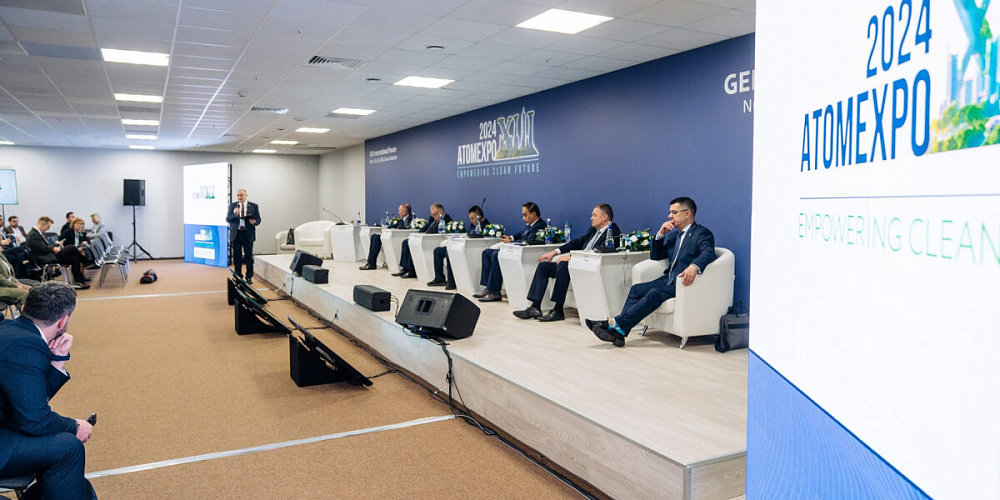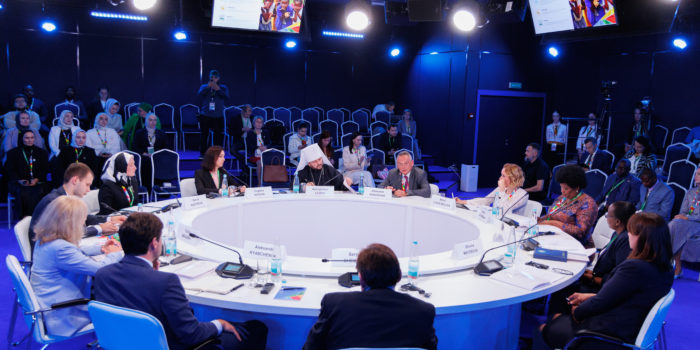May 21, 2025, Rio de Janeiro – The State Atomic Energy Corporation Rosatom took part in the NT2E-2025 Forum (Nuclear Trade & Technology Exchange) – the largest nuclear industry event in Latin America. The forum brought together more than 2,700 participants, including representatives of government agencies, businesses, academia, and international organizations, highlighting the growing role of Russian-Brazilian cooperation in the energy and climate agenda.
Rosatom’s corporate booth featured key solutions for Brazil – from small modular reactors (SMRs) to strengthen energy system resilience and supply power to remote regions, to approaches for managing used nuclear fuel, which is particularly relevant for the Angra nuclear power plant and nuclear medicine, one of the Forum’s key discussion topics.
Ivan Dybov, Director of Rosatom America Latina, spoke at the Forum’s opening plenary session. In his address, he focused on the sustainable and expanding cooperation between Russia and Brazil in the nuclear sector: “For Rosatom, developing relations with Brazilian partners in the peaceful use of nuclear energy is among our strategic priorities. Our partnership began over 30 years ago. Today, Rosatom supplies 100 % of the enriched uranium needs of the Angra nuclear power plant, which generates electricity for São Paulo and Rio de Janeiro, and also provides the Brazilian market with medical isotopes for cancer diagnosis and treatment. Emphasizing the importance of nuclear projects in addressing climate challenges and regional development, we are ready to expand our cooperation by offering Brazil both small modular nuclear power plants (SMRs) and large-capacity power units to strengthen the national energy system – technologies whose reliability is backed by the 80-year history of the Russian nuclear industry.”
At the session “Engaging the New Generation: The Future of the Nuclear Sector”, Elena Vesna, Vice-Rector of MEPhI, emphasized that international cooperation and academic exchange are fundamental to training highly qualified professionals who will shape the future of the nuclear sector. The National Research Nuclear University MEPhI trains specialists for Rosatom's international projects and is among the world’s leading universities in the field of nuclear energy. Within the cooperation with Brazil, an updated agreement with IPEN (Brazil’s Institute for Energy and Nuclear Research) was signed in 2024, and a joint “1+1” Master’s program in nuclear engineering is scheduled to launch in 2025. Currently, 48 Latin American students from Bolivia, Brazil, Venezuela, Colombia, Cuba, Nicaragua, Paraguay, Peru, Chile, and Ecuador are studying at MEPhI.
During the discussion “Global SMR Projects”, Ruan Souza (Rosatom America Latina) highlighted the potential of SMR technology in Brazil: “Small modular reactors are not a concept of the future, but a practical solution for energy access, decarbonization, and the development of remote areas. SMRs provide clean energy at predictable prices, are easily scalable, and are suitable for isolated regions – not only in the Arctic, but also in Brazil’s rainforest – without harming the climate and with the potential for integration with data centers and local industry.”
In the thematic session “The Clean Energy Revolution”, he also described SMRs as a highly promising tool for replacing coal-based generation, especially given Brazil’s ongoing dependence on hydropower and its vulnerability to droughts.
At the session “Uranium Mining Market in Brazil and Globally”, Alexander Boytsov (TENEX) emphasized the importance of international cooperation and the competitive advantages of Russia’s experience in uranium logistics and processing. Rosatom’s approach is based on closing the nuclear fuel cycle. Used nuclear fuel is viewed not as waste, but as a valuable resource. As a sustainable, safe, and economically viable solution for used nuclear fuel (UNF) management, Rosatom offers partners a comprehensive product called the Balanced Nuclear Fuel Cycle (Balanced NFC).
“The Balanced NFC allows for the generation of stable and clean electricity with minimal waste, ensuring its safe and reliable isolation. Our comprehensive solution is based on innovative technologies and enables the return of up to 97% of the components of used nuclear fuel to the fuel cycle, making the use of natural resources truly responsible,” said Mikhail Baryshnikov, Director of the Department for Innovation and Technology at TENEX.
At the session “Used Nuclear Fuel and Waste Management Scenarios”, Gonçalo Castillo, Business Development Manager at Rosatom America Latina, described Rosatom’s approach to environmental protection: “Rosatom has unique expertise in radioactive waste management and the remediation of radiation-affected territories. We are ready to offer Brazil not only technologies, but a step-by-step methodology for implementing such projects – from regulatory frameworks to commissioning. We transform post-industrial areas into safe platforms for new eco-friendly initiatives.”
On the sidelines of the Forum, a session of the BRICS Nuclear Energy Platform took place – an independent international initiative aimed at promoting nuclear energy as a tool for energy transition, technological sovereignty, and sustainable development. The session was titled “Financing Tools for Nuclear Projects: Development Prospects.” Participants included representatives from financial institutions, state bodies, and companies from BRICS and partner countries.
In his speech, Rosatom’s representative Stanislav Shpakovsky emphasized: “Nuclear energy must be fully integrated into the global sustainable development financing agenda as a reliable, carbon-free energy source. It is a tool that can simultaneously deliver sustainable growth, energy security, and progress toward climate goals.”
Rosatom’s participation in the Forum contributes to promoting sustainable, safe, and economically efficient nuclear technologies, building partnerships with both established industry leaders and new market entrants.
The NT2E-2025 Forum, organized by the Brazilian Association for the Development of Nuclear Activities (ABDAN), is being held from May 20 to 22 at the ExpoMAG exhibition center in Rio de Janeiro. The program includes dozens of panel discussions, technical sessions, and business meetings covering key topics in nuclear energy development – from uranium mining and SMRs to youth engagement.
This year, particular attention is being given to the topic of sustainable financing for nuclear projects. The Forum hosted an expert session of the BRICS Nuclear Energy Platform – an international association of companies and organisations aimed at promoting nuclear energy. The discussion was attended by representatives of government agencies and companies from BRICS and partner countries.
The State Atomic Energy Corporation Rosatom is a Russian multi-industry holding company operating in the field of low-carbon energy generation, including nuclear and wind power. The corporation unites over 450 enterprises and holds leading positions in the global nuclear plant construction market, with 39 power units under construction in 10 countries.
In 2025, Russia’s nuclear industry marks its 80th anniversary. Today, Rosatom also develops nuclear medicine, digital solutions, new materials, and environmental technologies. Rosatom has been represented in Latin America since 2015 through its regional center in Rio de Janeiro. In Brazil, the corporation supplies enriched uranium for the Angra nuclear power plant and isotopes for nuclear medicine, and supports educational and social initiatives.
The BRICS Nuclear Energy Platform was established to enhance corporate-level cooperation to promote nuclear power as an environmentally friendly source of energy. In 2024, two high-level meetings were held with participation from companies, organizations, and government agencies from nine countries. A non-binding statement in support of the Platform was signed by nine entities from BRICS and partner countries, including: Rosatom (Russia), CNNC (China), NECSA and Eskom (South Africa), NPPD (Iran), ABDAN (Brazil), ABEN (Bolivia), Ministry of Innovation and Technology (Ethiopia), and NPPA (Egypt). In 2025, the Platform plans to hold expert-level events at major industry venues.

